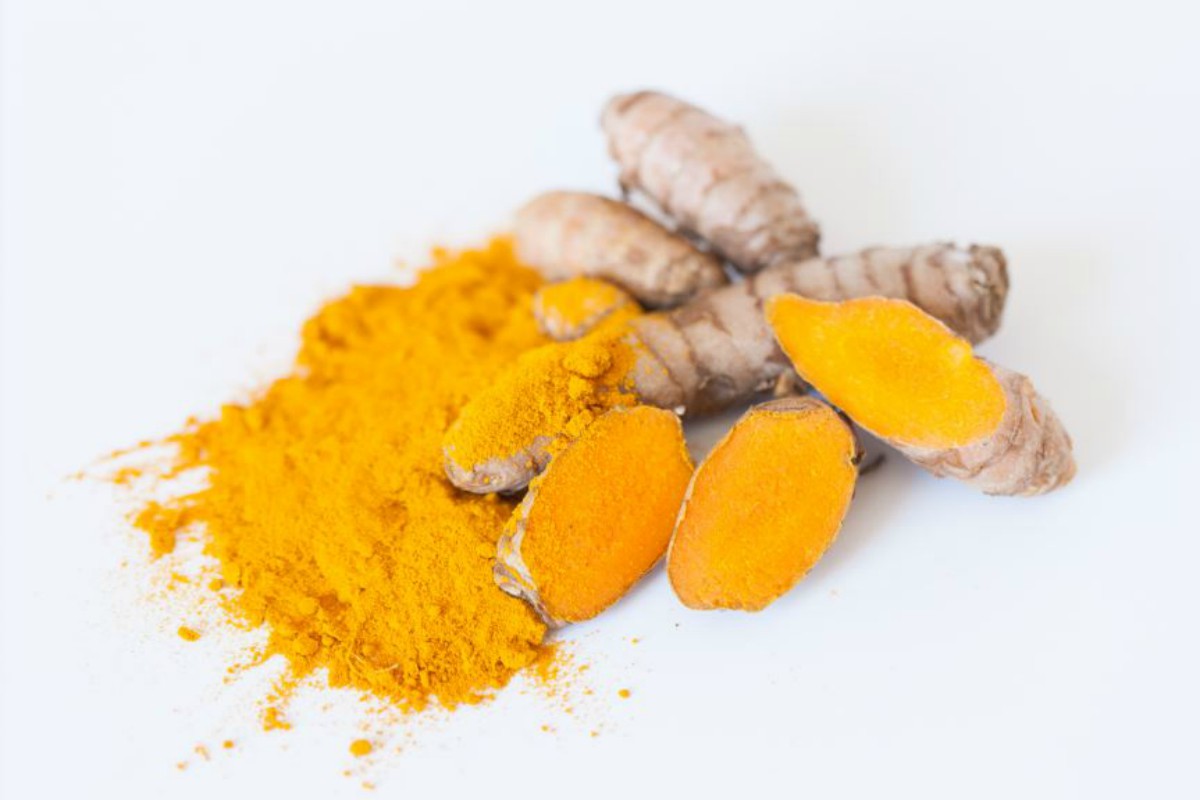Patanjali to organise free yoga, meditation camp at Mahakumbh
The camp will run from January 27 to January 30, 2025, from 5:00 AM to 7:30 AM, and will be held at Shri Gurukarshini Kumbh Mela Camp, located at Salori, Sector-9, Gangeshwar Marg.
Iron deficiency (ID) is ranked as the most prevalent nutritional deficiency affecting around 30% of the global population. ID has been linked to compromised physical and cognitive performance, fatigue, impaired quality of life, and reduced mood.

Representational Image
Turmeric-who hasn’t heard of this vibrant golden spice? Turmeric is increasingly studied as an anti-inflammatory and anti-neoplastic agent.
Iron deficiency (ID) is ranked as the most prevalent nutritional deficiency affecting around 30% of the global population. ID has been linked to compromised physical and cognitive performance, fatigue, impaired quality of life, and reduced mood.
Advertisement
A recently published report describes the case of a 66-year-old male physician who developed iron deficiency anemia likely due to turmeric supplementation and highlights the importance of increasing awareness of this association.
Advertisement
The physician, who was experiencing an osteoarthritis flare following steroid therapy, began self-treating with turmeric extract capsules. He had a history of recurrent prostate cancer which was treated with radiation as well as 6 months of androgen depletion therapy.
Following his treatment, the patient experienced significant myopathy and reported a drop in his marathon times. After treatment with prednisone was initiated for possible bronchiolitis, the physician developed increasing muscle weakness. Prednisone was then tapered, however, the physician developed substantial tendinitis, arthritis, as well as a small left knee effusion.
Rheumatologic workup was negative, however, an increased sedimentation rate was observed (from 8 to 29). “To combat the near-crippling inflammation and arthritis, he began the intake of turmeric extract on September 13, 2018, with about six 538mg turmeric extract capsules a day,” the report stated. Turmeric doses of ≤12g/day are reported to be safe and well-tolerated.
Turmeric is among the spices known to inhibit iron absorption by 20%-90% in humans, reducing iron absorption in a dose-dependent manner. The stoichiometric qualities of turmeric indicate it could bind nearly all absorbable iron and cause iron deficiency, and it does so in mice Curcumin, the active ingredient in turmeric, binds ferric iron (Fe3+) to form a ferric-curcumin complex that is dose-dependent and Fe3+ specific. In mice, liver hepcidin and ferritin expression were strongly suppressed and iron concentrations in the liver and spleen were reduced by over 50% (3). Curcumin represses the synthesis of hepcidin, one of the peptides involved in iron balance, and has the potential to induce an iron deficiency in the setting of prior subclinical iron deficiency.
Iron deficiency associated with turmeric has been reported in the lay literature, with several patients describing anemia that responded to stopping turmeric.
Turmeric supplementation is increasingly common. Humans presenting with iron deficiency anemia should be queried about supplement use. The ability of turmeric to absorb intestinal iron may lead to it being useful in states of iron overload, such as hemochromatosis, or hemolytic anemias, such as sickle cell disease.
Advertisement